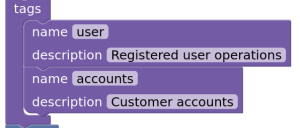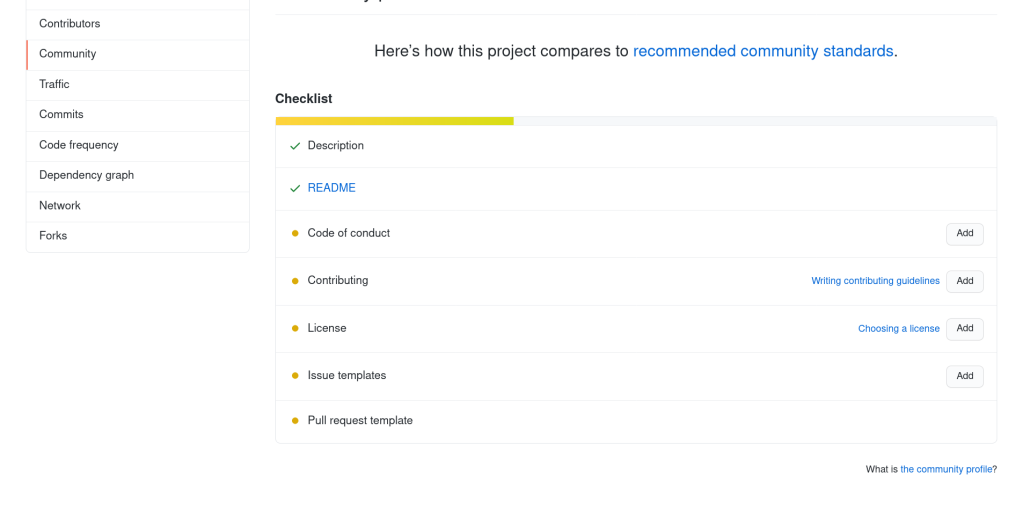I use a lot of asciidoc these days for work documentation (and I love it) and I’ve been so happy that GitHub renders it when you view a repository in the web browser, just like it does for Markdown and ReStructuredText. BUT what GitHub does not do is render the image types that asciidoc does so even though I’m working with asciidoc and PlantUML, and the asciidoc tools render those diagrams nicely in PDF and HTML output – GitHub’s rendering doesn’t. So here’s a quick overview of how I handle those repositories. Continue reading
25 Jan
2026


